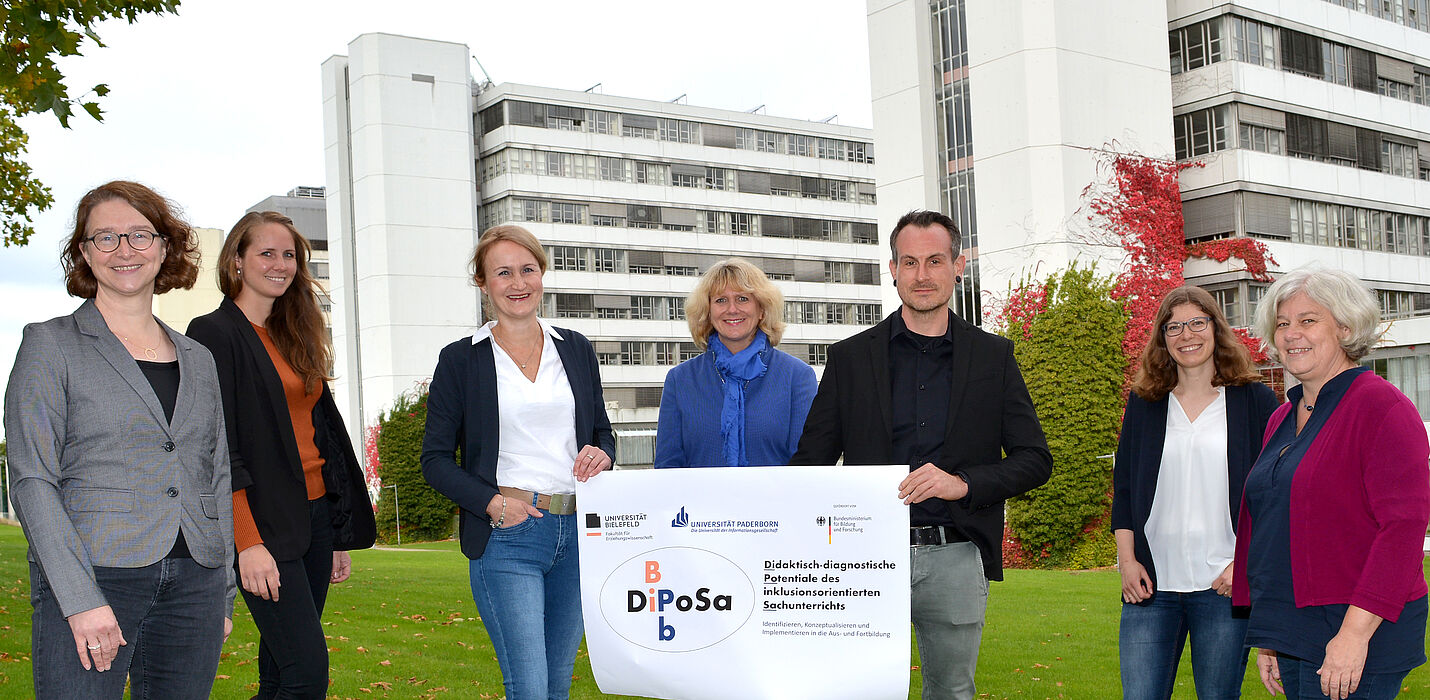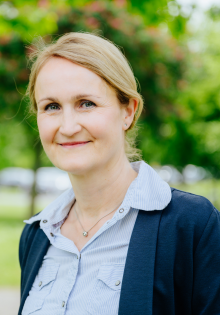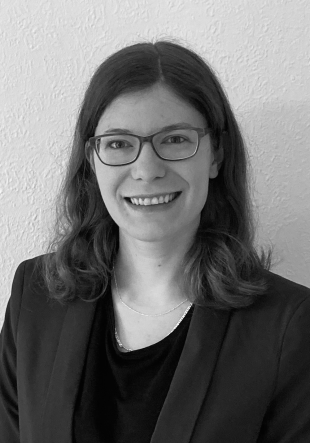To improve inclusive education for children using resource-oriented and needs-based diagnostics: That’s the goal of a new interdisciplinary research project by Paderborn and Bielefeld Universities. Under the heading, “DiPoSa - Didaktisch-diagnostische Potentiale des inklusionorientierten Sachunterrichts,” (The didactic-diagnostic potential of inclusion-oriented teaching) the project aims to counter the risk factors that can lead to exclusion and to children being labelled as having special educational needs. At its core, this represents a practical approach to conceptualising diagnostic competencies for teacher training and professional development. This joint project will run for three years starting in January 2022, receiving around 718,000 euros in funding from the German Federal Ministry of Education and Research (BMBF).
“The opportunity for school pupils to participate on an equal footing in social and educational settings is an essential part of a functioning society, laying the foundations for personal biographies. Which is why we need to create the conditions required to provide individual support for all children in mainstream schools. This is what we want to work towards. The project aims to create a practice of diagnosis through developing and establishing appropriate teacher-training and professional development modules for primary teachers and for special needs education in theory and practice. The foundation subjects taught in primary schools provide numerous opportunities and a structured environment in which to apply diagnostic techniques that are closely tied to practical teaching, and to provide an inclusive education oriented towards the resources of the child,” explains Paderborn University’s Professor Eva Blumberg, leader of the joint project.
Using teachers with experience of inclusion and training, and having them provide video-based support during lessons, teachers’ existing didactic skills are identified as a starting point for teacher-training and professional development modules. This is done by developing what are known as video vignettes portraying a variety of diagnostic situations. The resulting product is a range of modules that can be tested and optimised in an iterative process. Analysis tools relating to both theory and practice are then developed for the first and third phases of teacher training. An evaluation of the improvement in teachers’ skills completes the process. The education authorities in Herford, Bielefeld, Paderborn and Gütersloh are also involved in the project.
“It is important to us to involve teachers in every phase of the project so that we can benefit from the expertise of experienced teaching staff when developing and testing the teacher-training and professional development modules. Our focus is on taking a professional look at learning situations in the classroom, in which children encounter barriers to their subject-related learning and their individual development, or where they show particular strengths and the ability to develop their own potential. We want to identify these types of situation in a targeted way so that we can derive indicators for providing positive support to all students,” explains Bielefeld University’s Dr René Schroeder, coordinator of the joint project. The project partners are using the “Design-Based Research” (DBR) methodology in which scholars and practitioners work very closely together from the outset in an iterative, circular research and development process.
The departments involved in the project are “Primary School Pedagogy” (Professor Susanne Miller, Dr René Schroeder) in Bielefeld and “Didactics of Primary Science Education” (Professor Eva Blumberg) as well as the area of “Inclusion and Special Needs Education” (Professor Brigitte Kottmann) in Paderborn.
The research team is expecting to see initial, ground-breaking results as soon as autumn 2022.
Nina Reckendorf, Stabsstelle Presse, Kommunikation und Marketing




